[Editorial] 9 Horror Films That Get Psych (Mostly) Right
*Trigger warnings for sexual abuse, addiction, violence, domestic abuse, murder, and suicide.
“Something horrible is happening inside of me and I don't know why.” - Patrick Bateman, American Psycho
While most of us would never want to put ourselves in the shoes of one of the most nefarious characters in horror history, anyone with a mental health disorder can, on some level, relate to this statement. As millions of people grapple with mental health, we often find ourselves looking towards pop culture and entertainment for comfort and escape.
Turning to horror films to cope with mental distress may seem counterintuitive to non-genre fans. But for so many of us, there is solace in the violence, tensions, and psychological distress played out on screen. Whether it is a source of escapism or an emotional inoculation against real life horrors, fans flock to the genre for a unique comfort.
I speak to this from personal experience. I spent my childhood devouring horror books, films, and games. What I did not understand until much later in life was that this was a means to explore my traumas and anxieties through the safe lens of fiction.
The monsters on the screen were metaphors for my real life ones, and my escape into these worlds was a coping mechanism. The hope of survival and overcoming demons, both real and psychological, playing out on the screen became a sort of glimmer of hope. A promise of a better future. Many horror fans report similar experiences.
Unfortunately, not everyone sees it this way.
And looking at horror as a genre, it’s not difficult to see why. Historically, horror has often played into dangerous stigmas surrounding mental illness. In fact, many professionals and advocates even argue horror does more harm than good. This proves difficult to argue. There are many undeniably problematic tropes perpetuated in horror.
Older horror might get a pass. But, sadly, many films today still do a lot of harm. Viewers need not look too far to find examples of the murderous asylum escapee, the killer with a personality disorder, or even the psychotic break that ends in a murderous spree.
These cringe-inducing depictions are problematic. They perpetuate negative stereotypes, escalate fears of mentall ill humans, and stall efforts to normalize the discussion and alleviate the shame of having a disorder.
Yet these representations can be found in every genre. And the truth is that horror, perhaps more than most genres, never shies from tackling mental disorders and the struggles that so often accompany them.
Horror and psychology go hand in hand. Given the state of the world, it is no wonder that psychological horrors that delve into anxiety, grief, and loneliness are more popular than ever. And as our collective understanding and responsibility to this topic improves, so will the role of the genre in representing the issues and feelings that matter.
So,, let’s celebrate the many horror films that do justice to the severity and complexity of the mental health issues they explore. None of these films are perfect. But they do spark conversations, represent disorders in a meaningful and interesting way, and avoid too many of the stereotypes and misconceptions that endanger progress.
Here is a list of 9 psychological horror films that, while far from perfect, are at least getting some things right…
9) The Cabinet of Dr. Caligari (1920)
An OG classic horror film, this 1920’s German Silent Expressionist film delves into the deep end of Freudian theory.
For its time, this film does a great job of analyzing mental illness from the lens of a delusional narrator. Inspired by the popular theories of its day, the film questions just how far our subconscious desires, repressed memories, and abilities to deny reality can take us.
The film dares us to beg the question: how much can we ever really trust our own realities?
8) Evil Dead (2013)
Love it or hate it, Fede Alvarez’s reboot offers a fresh take on the creepy cabin in the woods trope. The film is centered around protagonist Mia’s struggles with drug addiction. Her friendship group retreats to the seclusion of the woods with a specific purpose: to help Mia as she endures withdrawal and attempts steps towards recovery.
The film does a great job of juxtaposing Mia’s real life metaphorical demons with the demons of the deadite variety. It highlights the pain and suffering endured by not only the addict but victim’s of her disease: her friends and family. She is a sympathetic and flawed final girl we cannot help but cheer for.
7) Whatever Happened to Baby Jane (1962)
Hollywood icons Joan Crawford and Bette Davis gave incredible turns as Hollywood “has been” siblings Blanche and Jane Hudson. The sisters’ hunger for fame and adoration leads them into a spiral of madness that includes toxic relationships, agoraphobia, and even murder.
These actresses were never known for their subtlety. In this case it works. Their haunting performances force the audience to grapple with issues surrounding fear of aging, the burden of caring for loved ones as they become increasingly unable to care for themselves, and also the fear of death itself.
In addition, the film sheds light on how narcissism and a need to be loved can be a huge detriment to someone’s well-being. Thanks to social media, the average person can now relate to what was once a celebrity-specific obsession with being adored.
6) We Need to Talk about Kevin (2011)
This psychological horror film is unrelenting in its intimate examination of what it is like to love someone incapable of feeling much of anything at all, but especially not real love. Tilda Swinton is absolutely phenomenal in her claustrophobic and gut-wrenching portrayal of a mother grappling with her role in her son’s unspeakable acts of violence. Tough to stomach, her struggles with anger, guilt, and grief suffocate everyone, including the viewer.
The film beautifully and unapologetically forces the audience to examine the aftermath of mass violence. Nature and nurture are both examined, and we are left wondering what, if anything, we can say when we talk about “Kevin.”
5) Antichrist (2009)
You can’t talk about psychology and mental health in horror without at least acknowledging the Lars Von Trier Depression Trilogy. The writer/director famously claims to have written these films while receiving care for his own mental health issues. Not for the weak, this film puts forth an unflinchingly poignant allegory for the struggles of unimaginable mental distress.
Starring Willem Dafoe and Charlotte Gainsbourg, Antichrist deals with the aftermath of the accidental death of the couple’s young son. The atypical manifestations of grief through sadomasochistic violence and increasing delusion, while highly unusual, create a fascinating statement on mental health. The film’s brutal scenes of intimate sexual brutality force the audience to endure the complete isolation and disorientation of the worst types of mental dysfunction.
4) They Look Like People (2015)
Wyatt is a man potentially struggling with paranoid schizophrenia. Watching him wrestle with suicidal and murderous ideations is difficult. It becomes especially hard when Wyatt even attempts to get help from professionals.
Juxtapose Wyatt’s struggles with his hyper-masculine friend Chrisitan, who is suffering from severe insecurities he cannot seem to address. Watching these two friends come together to help one another is uncomfortable but somehow also very heartwarming. Schizophrenia is not something to be taken lightly. This film is careful in its examinations of these characters and even ends with a glimmer as it shirks gender stereotypes and allows the men to find hope in the safety of their friendship. They Look Like People drives home the fact that no one can or should battle their demons (real and imaginary ones) alone.
3) The Invisible Man (2020)
In this update on a classic, Elisabeth Moss plays Cecelia, a woman who is victimized by not only her gaslighting, abusive boyfriend but also society at large. As she endures physical and emotional abuse at the hands of a controlling man, Cecelia also struggles to be believed. She is victim-blamed and dismissed by everyone. Her all too relatable frantic mental breaks are a hard watch for anyone who has suffered through an abusive relationship with a sociopath, narcissist, or antisocial personality.
The film never sugarcoats Cecelia’s battle. It highlights the reality of victimization and the struggles of survivors. But, instead of binding her to her abuse or abuser. Intead, it reminds us that these stories are not about defeat, but, rather, of strength and survival.
2) The Babadook (2014)
Widowed Amelia struggles to raise her son while coping with the grief and trauma of losing her husband. As she spirals into her depression, the mysterious events in her home escalate and her son’s behavior deteriorates. Eventually, Ameila faces the title monster, The Babadook, a metaphor for her grief and mental struggles.
The family’s tragic loss and the pressures to keep her life on track for the sake of her son force Amelia to face her “monster” She and her son manage to fight the presence and eventually learn to live in peace with it. Like so many battling mental health, Amelia comes to learn that the Babadook may never go away, but he can certainly be tamed.
1) Hereditary (2018)
The Graham family has a lot going on. Matriarch Annie, played by the always flawless Toni Collette, is mourning her mother and juggling the daily stressors of her family and career. Daughter Charlie is neurodivergent and seems to struggle with socialization. Son Peter seems depressed and emotionally detached from his family. And this is just the tip of the psychodynamic iceberg, so to speak.
The film does not shy away from the questions of just how genetic mental disease is. It also has what might be the hardest scene of parental grief over the loss of a child ever filmed. Like so many, Annie copes by pretending to be fine. Her escalating behavior and instability shines a bright light on the dangers of the shame and denial that is still so normative to so many. This film reminds us that ignoring problems will not make them go away.
What films do you think should have made the list? Feel free to let us know!

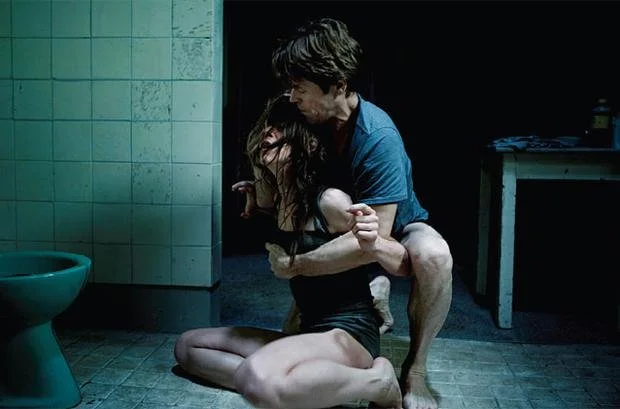
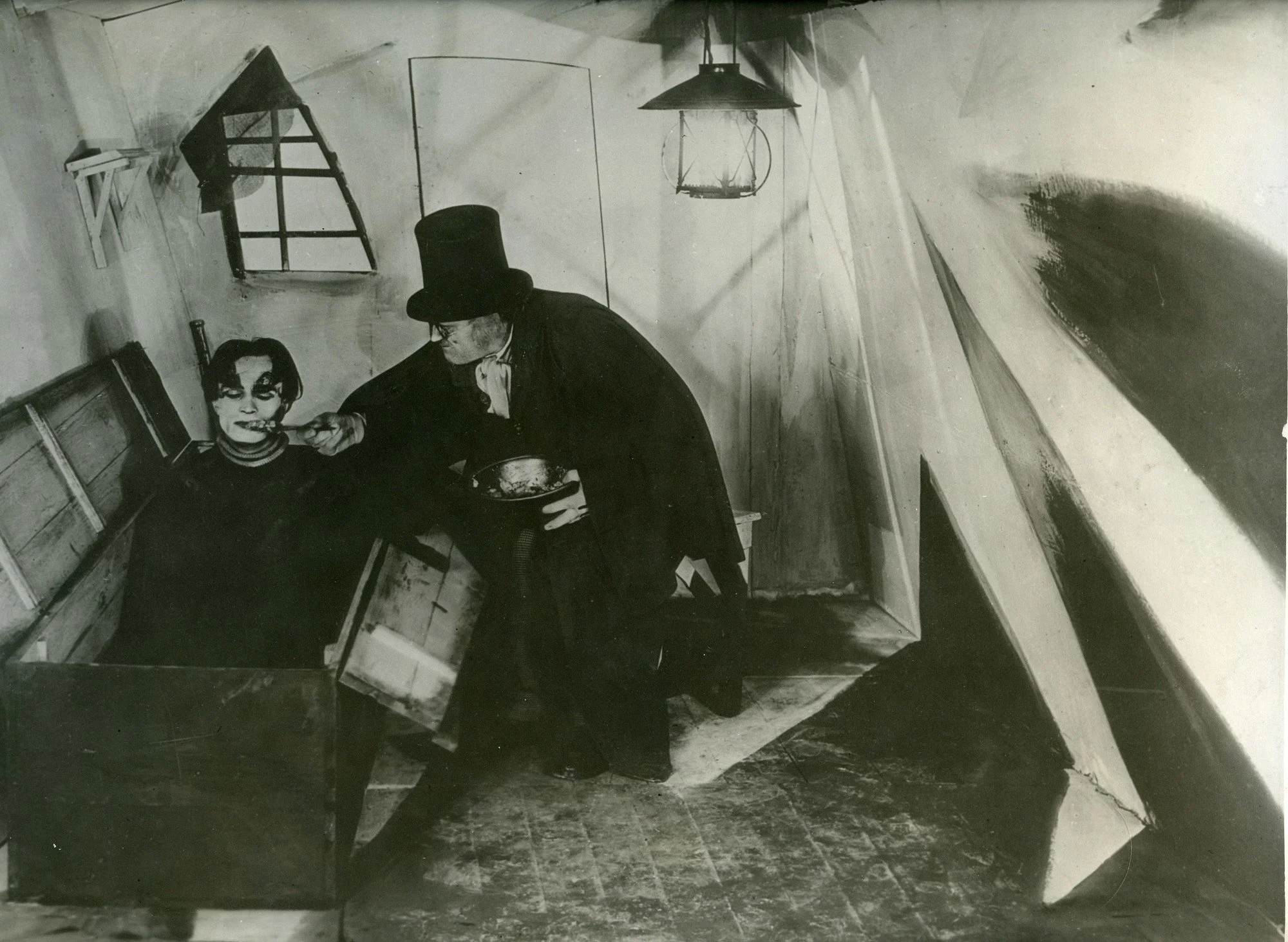
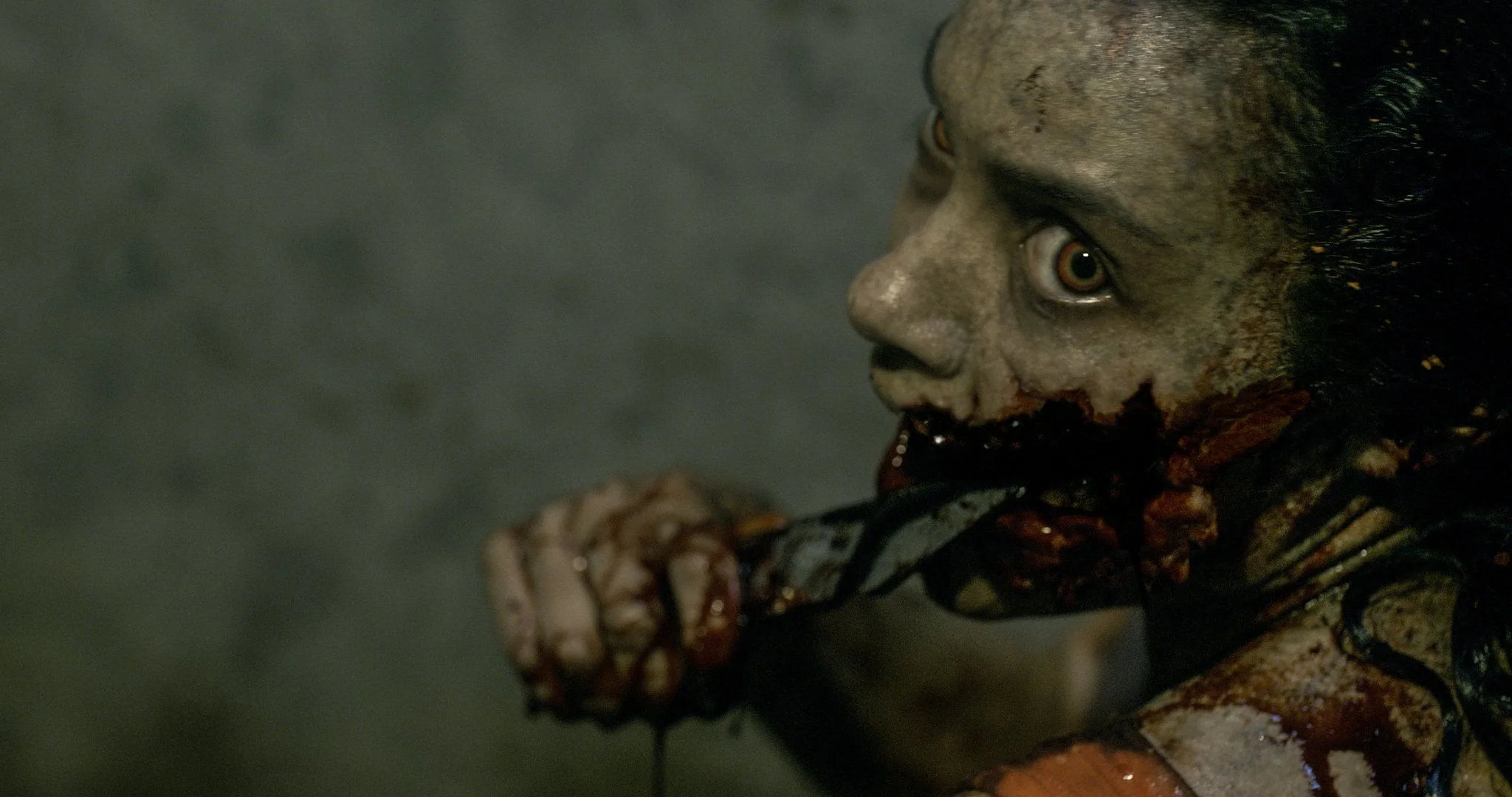
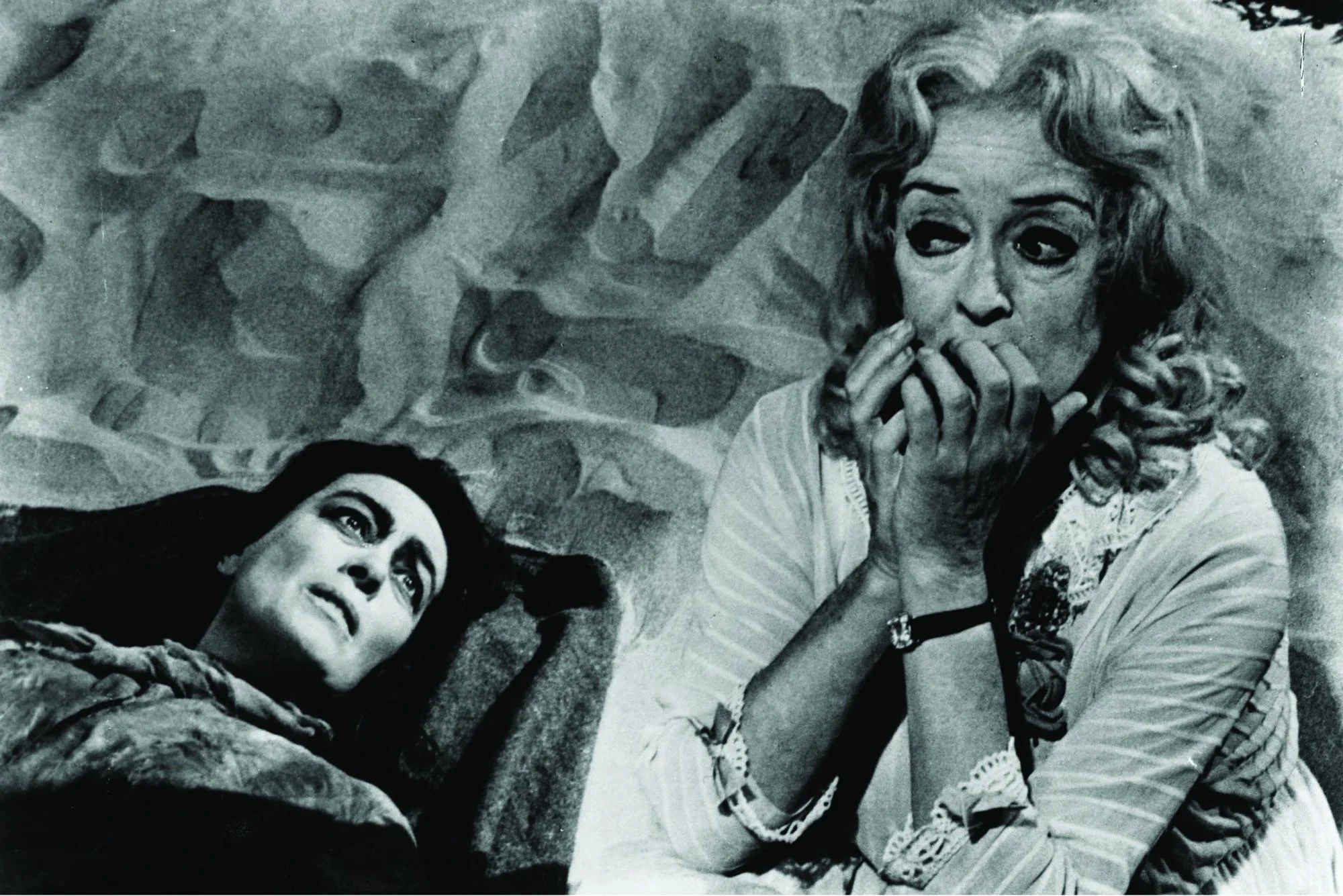

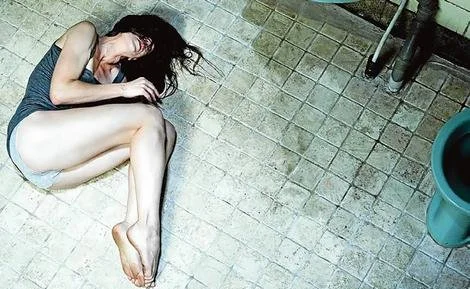
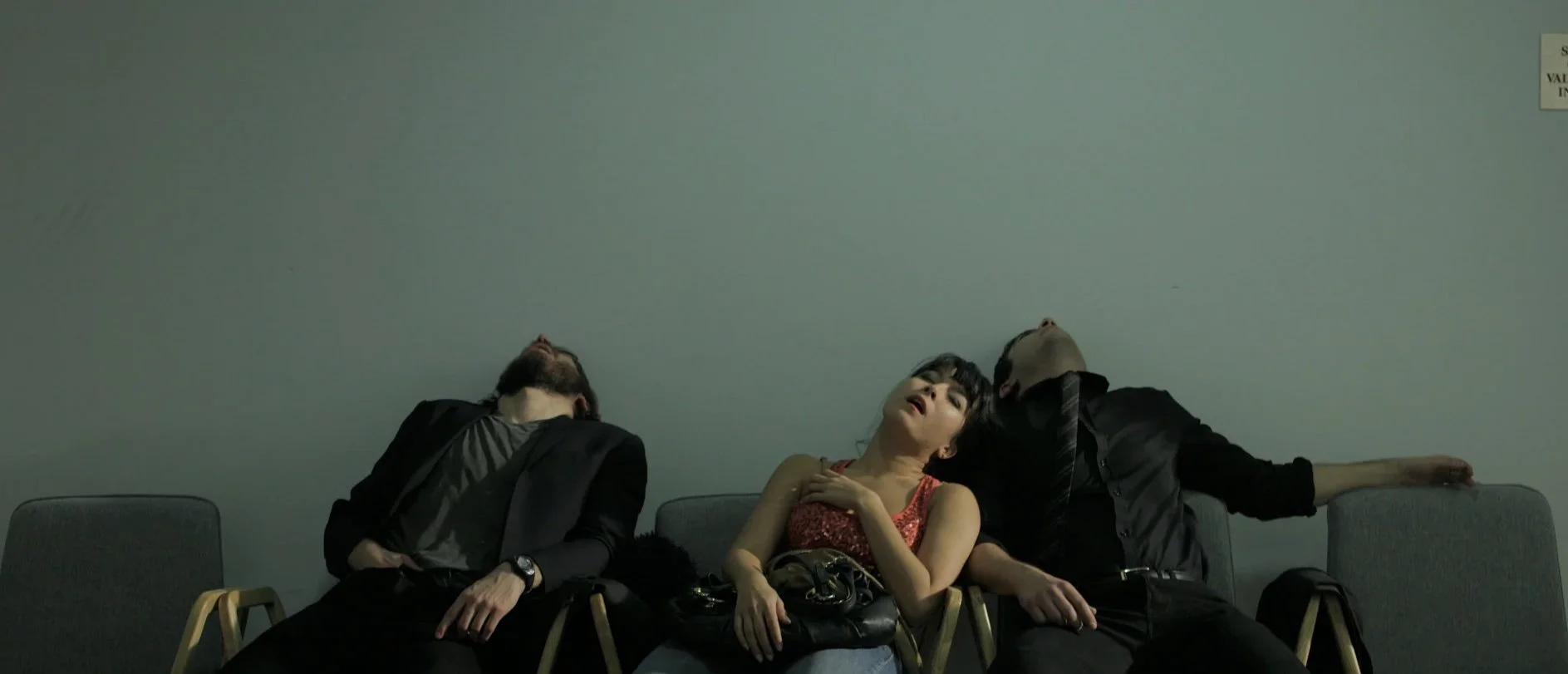
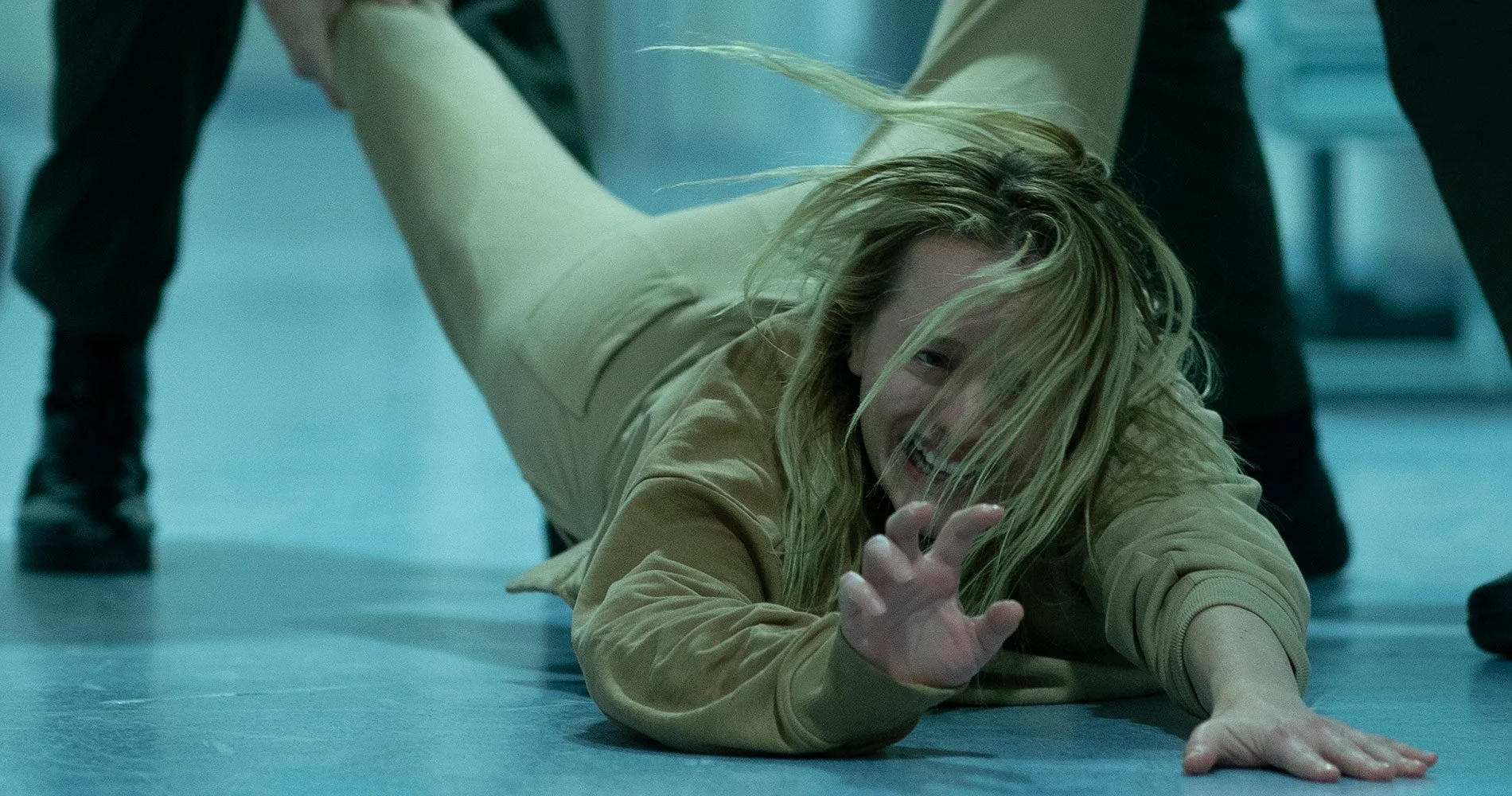
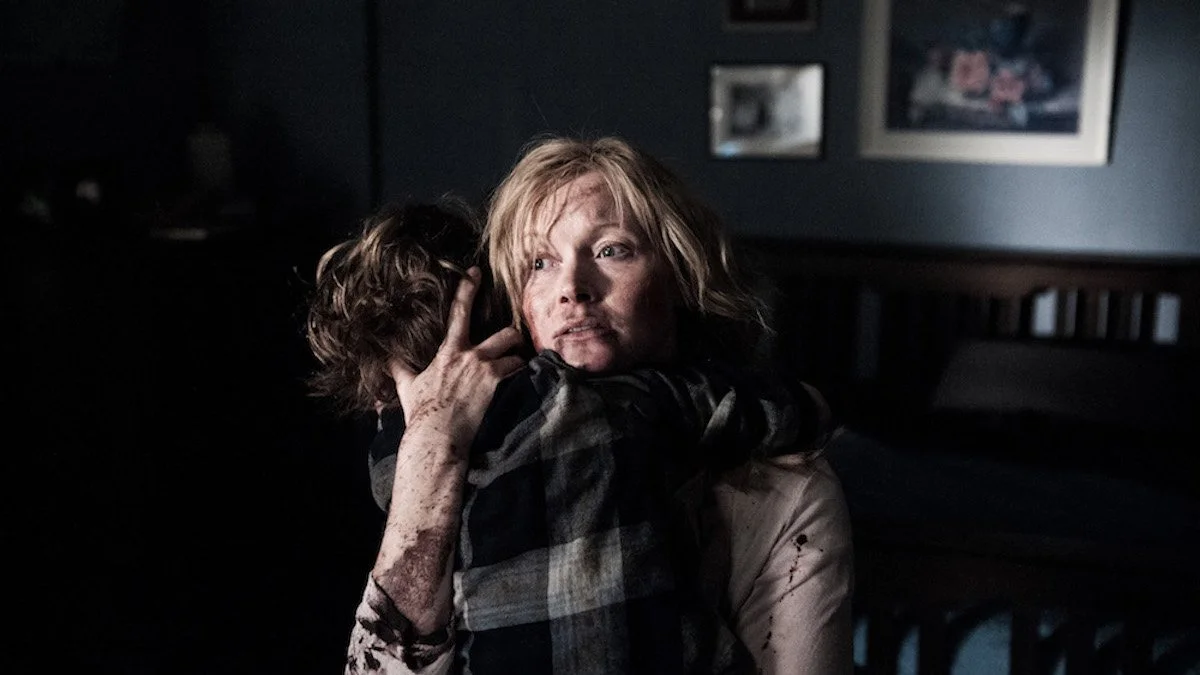
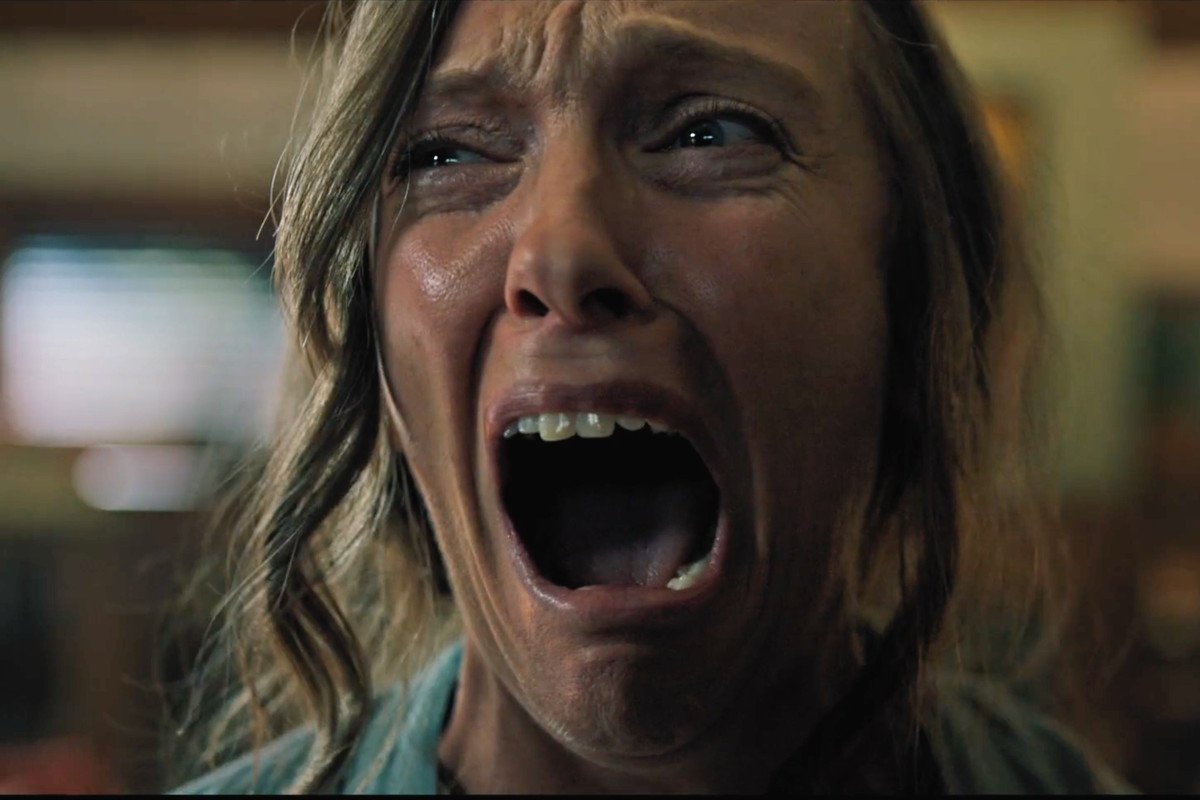
![[Editorial] Soho Horror Film Festival: Interview with Aimee Kuge on Cannibal Mukbang](https://images.squarespace-cdn.com/content/v1/5fe76a518d20536a3fbd7246/1701808004722-9M8SZ2UXY52QBQBR4NTI/img20230818_15150780.JPG)
![[Editorial] 10 Films & Events to Catch at Soho Horror Film Fest 2023](https://images.squarespace-cdn.com/content/v1/5fe76a518d20536a3fbd7246/1700819417135-299R7L4P0B676AD3RO1X/Screenshot+2023-11-24+at+09.41.52.png)
![[Editorial] 9 Horror Nintendo Switch Games To Play](https://images.squarespace-cdn.com/content/v1/5fe76a518d20536a3fbd7246/1697214470057-3XZXX8N4LYIMDFWS6Z3P/Screenshot+2023-10-13+at+17.20.13.png)
![[Mother of Fears] Mothering in Silence in A Quiet Place (2018)](https://images.squarespace-cdn.com/content/v1/5fe76a518d20536a3fbd7246/1696445921315-HZJ2DZYQIH6VVWXBO2YL/Screenshot+2023-10-04+at+19.52.29.png)
![[Event Review] Highlights from Mayhem Film Festival 2023](https://images.squarespace-cdn.com/content/v1/5fe76a518d20536a3fbd7246/1697624582491-MPT2VB9RRGU6OG7L6UKL/Mayhem+2023.jpg)
![[Editorial] Mayhem Festival: Interview with Thomas Sainsbury on Loop Track (2023)](https://images.squarespace-cdn.com/content/v1/5fe76a518d20536a3fbd7246/1697186472899-WC4RR0TW7L7LMFEBGPA2/Tom+Sainsbury.jpg)
![[Editorial] Keeping Odd Hours: A Retrospective on Near Dark (1987)](https://images.squarespace-cdn.com/content/v1/5fe76a518d20536a3fbd7246/1696445070868-HU9YIL3QPBCL1GW47R3Z/Screenshot+2023-10-04+at+19.36.53.png)
![[Editorial] 5 Female Focused Horror Book Recommendations](https://images.squarespace-cdn.com/content/v1/5fe76a518d20536a3fbd7246/1696441981361-52EQCTJ7AT2QF1927GM7/919xtm6d3fL._AC_UF894%2C1000_QL80_.jpg)
![[Editorial] What to Watch at This Year's Cine-Excess International Film Festival 2023](https://images.squarespace-cdn.com/content/v1/5fe76a518d20536a3fbd7246/1697213510960-REV43FEOZITBD2W8ZPEE/Screenshot+2023-10-13+at+17.01.15.png)















![[Editorial] Oscar Nominations 2026: Where to stream all the horror picks](https://images.squarespace-cdn.com/content/v1/5fe76a518d20536a3fbd7246/1769113319180-4INRRNMZK4DZLHRSUXX5/rev-1-GRC-TT-0026r_High_Res_JPEG-1024x372.jpeg)
![[Editorial] 9 Best Slashers Released Within 10 Years of Scream (1996)](https://images.squarespace-cdn.com/content/v1/5fe76a518d20536a3fbd7246/1695478839037-LOFHGVM3H6BMSZW7G83M/Screenshot+2023-09-23+at+15.15.11.png)
![[Mother of Fears] Mother Vs. Monster in Silent Hill (2006)](https://images.squarespace-cdn.com/content/v1/5fe76a518d20536a3fbd7246/1695485781119-H6GNP0G3J2TLPAOIABV7/Screenshot+2023-09-23+at+17.11.56.png)
![[Editorial] 9 Terrifying Cerebral Visions in Horror Movies](https://images.squarespace-cdn.com/content/v1/5fe76a518d20536a3fbd7246/1693509801235-X23OL50T1DVGECH0ZJK2/MV5BMjQ0MTg2MjQ4MV5BMl5BanBnXkFtZTgwMTU3NDgxMTI%40._V1_.jpg)
![[Mother of Fears] I Don’t Wanna Be Buried in a Pet Sematary (1989) and (2019)](https://images.squarespace-cdn.com/content/v1/5fe76a518d20536a3fbd7246/1691328766069-QFNAVJOMFZVZ5CLU1RWM/Screenshot+2023-08-06+at+14.23.13.png)
![[Mother of Fears] How I Love to Love Nadine in The Stand (2020)](https://images.squarespace-cdn.com/content/v1/5fe76a518d20536a3fbd7246/1690213172707-TKM9MZXK02EVCIX30M1V/Screenshot+2023-07-24+at+16.29.11.png)
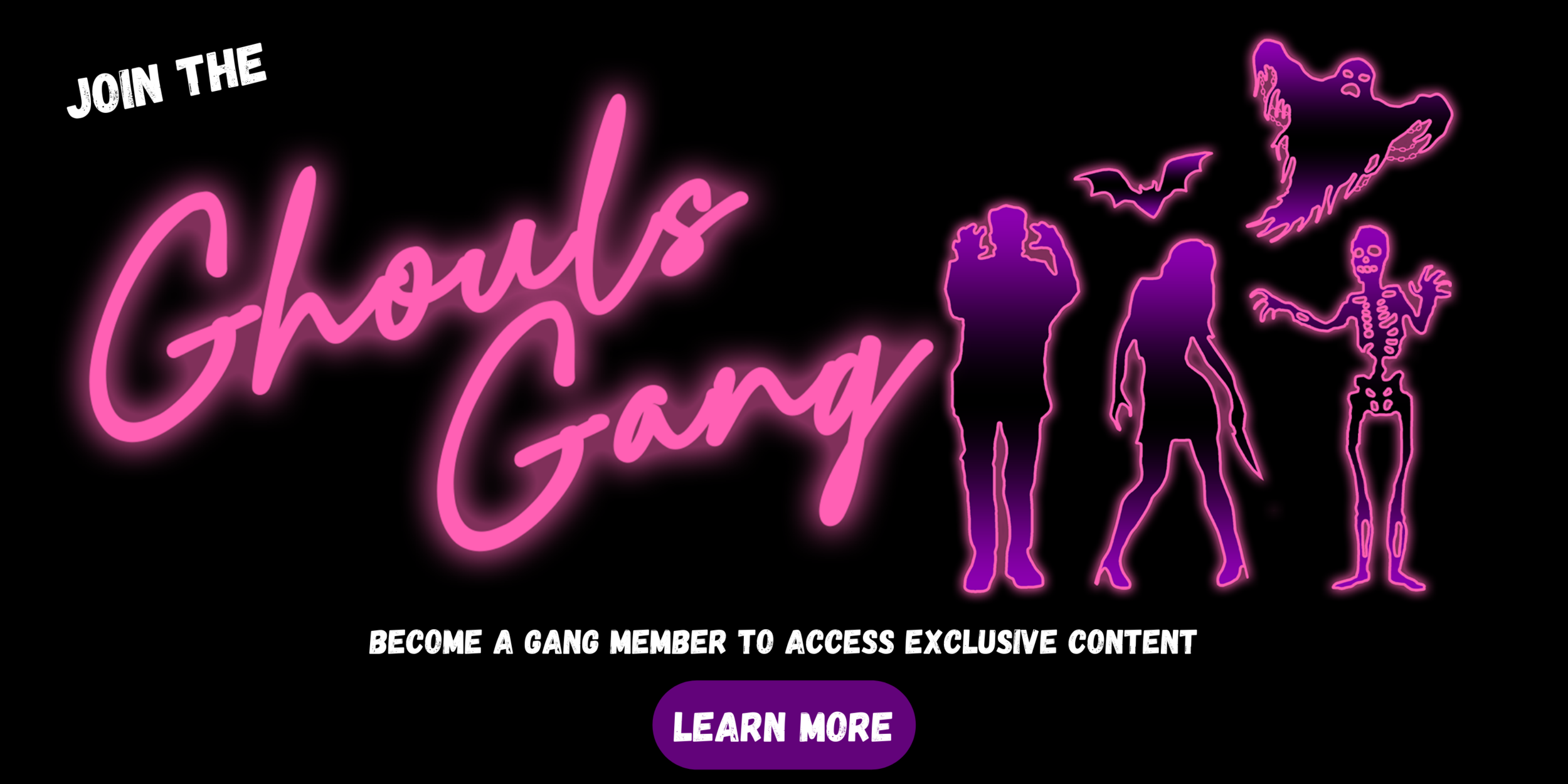
Ahead of the Academy Awards ceremony, Ghouls has rounded up where you can stream all of the 2025 horror releases in the UK and the US from the comfort of your own home.